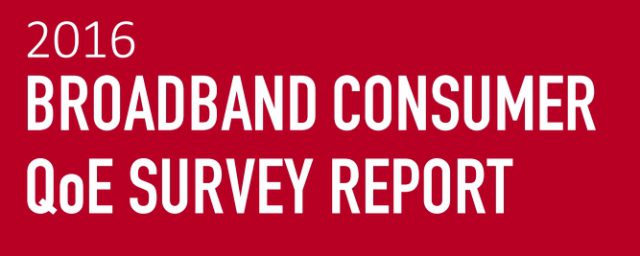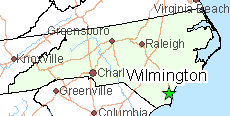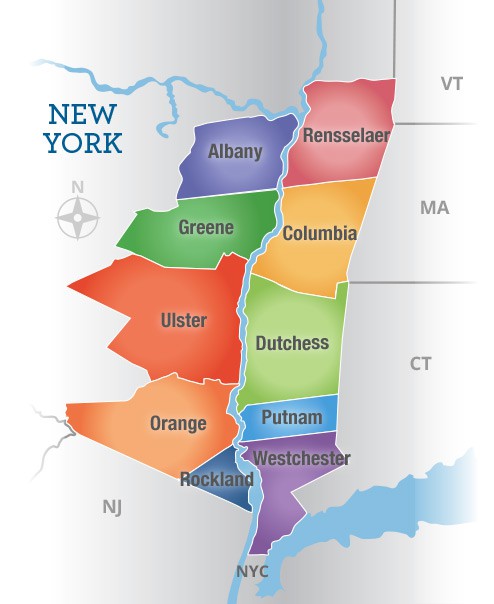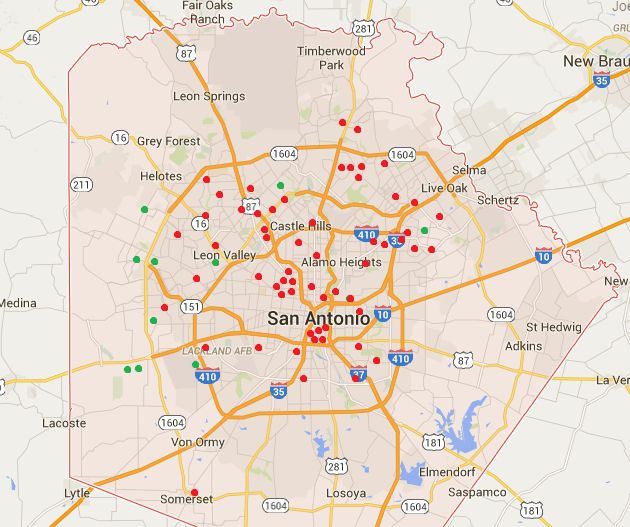
Usage caps and usage billing are especially unpopular.
Americans do not have a love affair with their phone or cable company, according to a new study that found most customers either wouldn’t recommend or are neutral about their Internet Service Provider (ISP).
A survey conducted by Incognito Software Systems unintentionally stumbled on the fact consumers deal with either a monopoly or duopoly for broadband service, giving them few alternative options if they do not like the service they are getting. Despite the mediocre ratings many customers give their ISP, only 10% have switched providers in the last year.
“This could reflect a lack of choices in certain regions, or it may be indicative of subscriber apathy toward Internet Service Providers,” the survey found.
Urban and suburban residents hold slightly more favorable views about their broadband service than their rural counterparts. The report found rural residents were less satisfied with service speeds and pricing options, which in most cases involve traditional DSL service from the local phone company.
 Incognito’s findings show broadband providers are reducing initiatives to acquire new customers as broadband penetration in the United States approaches 90%. Instead, they want current subscribers to pay more to satisfy demands for higher average revenue per customer. Customers already believe their current ISP is charging too much for too slow service.
Incognito’s findings show broadband providers are reducing initiatives to acquire new customers as broadband penetration in the United States approaches 90%. Instead, they want current subscribers to pay more to satisfy demands for higher average revenue per customer. Customers already believe their current ISP is charging too much for too slow service.
“In this era of subscriber monetization, it’s essential that broadband providers clearly grasp what’s important to their existing subscribers,” Stephane Bourque, president and CEO of Incognito, said in a statement. “As our survey shows, providers are expected to do more than ever before: provide faster speeds, lower prices and superior WiFi capabilities to live up to their subscribers’ demands.”
“Most subscribers want to pay less (39%) for faster Internet services (24%),” the survey found. At least 33% want faster speeds and 28% are looking for better Wi-Fi reliability. An additional 32% want more choice in Internet plans at different prices.
The survey also found one thing customers absolutely do not want from their ISP: usage-based pricing. The fact that 58% of respondents didn’t want a usage-based billing plan might seem low until the report explains another 27% did not know what usage-based plans were. Only 15% of consumers would prefer a usage-based plan, assuming it would save them money. Most usage billing plans available to customers today do not, unless a customer is willing to cut their usage to 5GB or less per month.
In an effort to appease disappointed cable and phone company executives, the report’s authors optimistically suggest “further education could go a long way into changing the subscribers’ perception” about usage pricing.
Besides raising speeds and reducing prices, the value-added feature customers want their ISP to offer the most in the future is a robust network of accessible Wi-Fi hotspots.


 Subscribe
Subscribe Syracuse residents will be the first in upstate New York to benefit from Time Warner Cable’s Maxx upgrade program, which has been gradually moving across the cable company’s footprint.
Syracuse residents will be the first in upstate New York to benefit from Time Warner Cable’s Maxx upgrade program, which has been gradually moving across the cable company’s footprint. Broadband speeds will increase starting later this spring, with customers experiencing increases up to six times faster, depending on their current level of Internet service. For example, customers who subscribe to Standard, formerly up to 15Mbps, will receive up to 50Mbps; customers who subscribe to Extreme, formerly up to 30Mbps, will receive up to 200Mbps; and customers who subscribe to Ultimate, formerly up to 50Mbps, will receive up to 300Mbps, with no change in their monthly plan price.
Broadband speeds will increase starting later this spring, with customers experiencing increases up to six times faster, depending on their current level of Internet service. For example, customers who subscribe to Standard, formerly up to 15Mbps, will receive up to 50Mbps; customers who subscribe to Extreme, formerly up to 30Mbps, will receive up to 200Mbps; and customers who subscribe to Ultimate, formerly up to 50Mbps, will receive up to 300Mbps, with no change in their monthly plan price. “Our customers have asked for faster Internet speeds and we’re now able to provide these faster speeds at no additional cost to all of our customers in the Wilmington area,” said Darrel Hegar, regional vice president of operations for Time Warner Cable. “This is just the beginning of the benefits customers will see from our TWC Maxx initiative that will enhance our Internet, video and reliability.”
“Our customers have asked for faster Internet speeds and we’re now able to provide these faster speeds at no additional cost to all of our customers in the Wilmington area,” said Darrel Hegar, regional vice president of operations for Time Warner Cable. “This is just the beginning of the benefits customers will see from our TWC Maxx initiative that will enhance our Internet, video and reliability.” Comcast customers in Atlanta, Nashville, Chicago, Detroit, and Miami will be the first to get Comcast’s new DOCSIS 3.1 modems and faster Internet plans likely to accompany the introduction of the latest cable broadband standard.
Comcast customers in Atlanta, Nashville, Chicago, Detroit, and Miami will be the first to get Comcast’s new DOCSIS 3.1 modems and faster Internet plans likely to accompany the introduction of the latest cable broadband standard.

 The Consumerist writes AT&T is proving the importance of robust broadband competition. Communities that have it pay less and get quicker upgrades for faster Internet speeds. Those without pay AT&T a premium or are long way down on the upgrade list.
The Consumerist writes AT&T is proving the importance of robust broadband competition. Communities that have it pay less and get quicker upgrades for faster Internet speeds. Those without pay AT&T a premium or are long way down on the upgrade list.